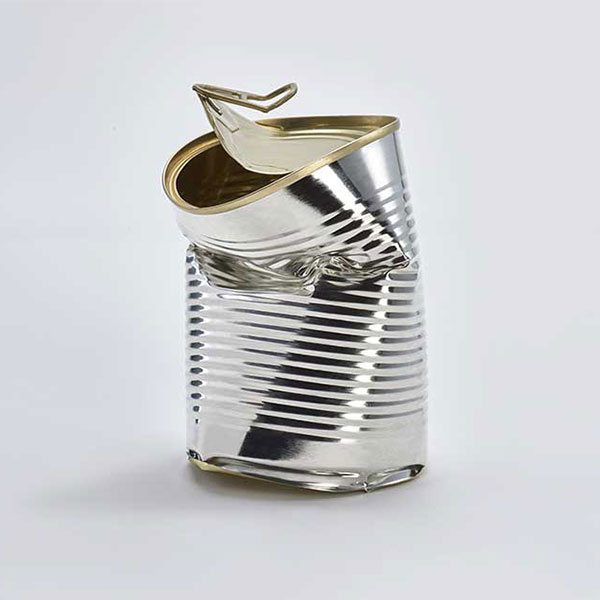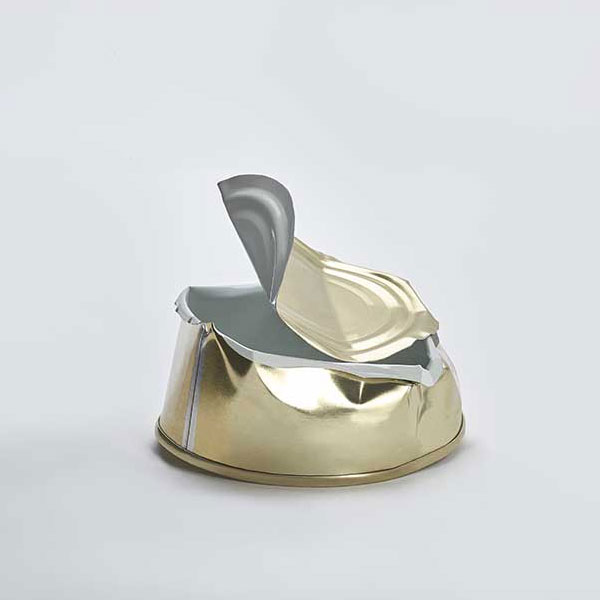Italy’s success story

Lockdown and steel collection. Italy among the best in the EU with a recycling rate of 80%. RICREA data: in the first quarter of 2020 more than 40 thousand t of steel was collected (+ 16%). The strongest growth in Italy’s South (+ 35%).
The objective difficulties generated by the forced block were also partially offset by positive aspects, such as the greater sensitivity of the Italians towards the environment and segregated waste collection. Every cloud has a silver lining, one would say ...
The occasion is marked, data to hand, by RICREA, the national consortium for the recycling and recovery of steel packaging (one of the six supply chain consortia that make up Italy’s CONAI system), which analysed the results of this first part of the year comparing them with those of previous years.
In the emergency period, steel packaging (tins, boxes, caps, lids and spraycans) recorded double-speed growth trends (+ 16%, equal to 5,600 t more) compared to the same quarter of 2019: a very encouraging result, throwing light on the increased awareness of Italians in relation to the correct disposal of waste.
 However, it should be stressed that, in recent years, Italy has made great strides in terms of segregated collection, as explained by Federico Fusari, director of RICREA: «As far as steel packaging is concerned, we have achieved a recycling rate of over 80%, which places our country among the best in Europe. The growth trend recorded in this first part of the year is very marked, particularly in the central and southern regions where the percentage growth was respectively +31.5% and+35%“.
However, it should be stressed that, in recent years, Italy has made great strides in terms of segregated collection, as explained by Federico Fusari, director of RICREA: «As far as steel packaging is concerned, we have achieved a recycling rate of over 80%, which places our country among the best in Europe. The growth trend recorded in this first part of the year is very marked, particularly in the central and southern regions where the percentage growth was respectively +31.5% and+35%“.
If, on the whole, the collection of steel packaging went from 35,007 t in the first quarter of 2019 to 40,606 in the first three months of 2020, the southern regions in fact reached the record result of 10,800 tons, recording the most significant growth (in the first quarter 2019 had been 8,000). Strong increase also in Central Italy, where it went from 5,400 t in 2019 to 7,100 this year.
Exceptional results which may also have influenced the increase in consumption of products stored in steel containers (such as canned tomato cans or tuna) but, undoubtedly, the time spent at home during the quarantine weeks has led to greater attention to the environment.
 The consequent increase in the quantities collected also put the entire recycling chain to the test, in an already extremely delicate and complex period due to the closure of the steel mills with electric ovens in which the melting of the scrap is carried out.
The consequent increase in the quantities collected also put the entire recycling chain to the test, in an already extremely delicate and complex period due to the closure of the steel mills with electric ovens in which the melting of the scrap is carried out.
«We must thank the operators who receive the collected material, because despite all the difficulties, they managed to store large quantities in the weeks when the steel mills were unable to operate», continued Fusari. «Fortunately, the situation is normalizing, and all segregated steel packaging will be able to be reborn in the form of new products».
Steel is a metal that is 100% recycled countless times. The packaging can therefore return to new life, transforming for example into nails, bolts, beams for the building industry, railway tracks or urban furnishings.



















